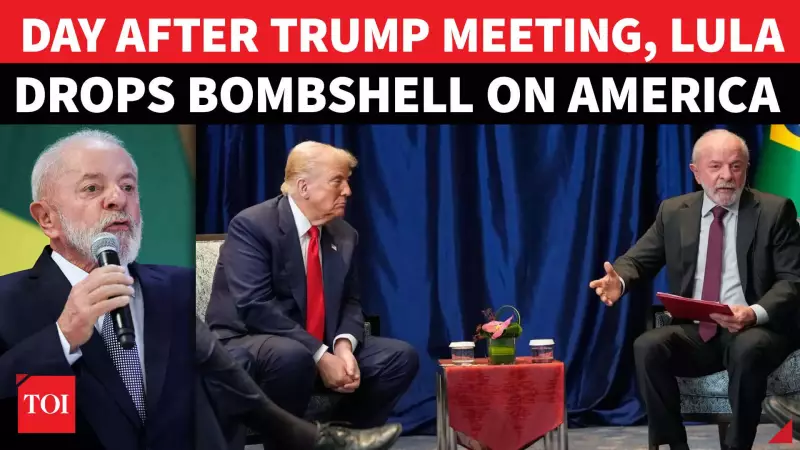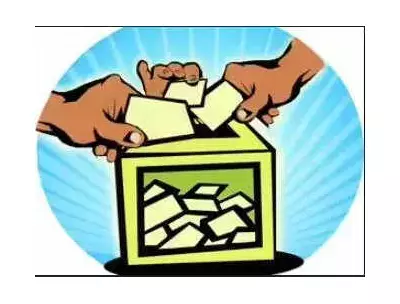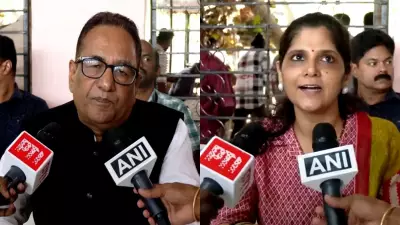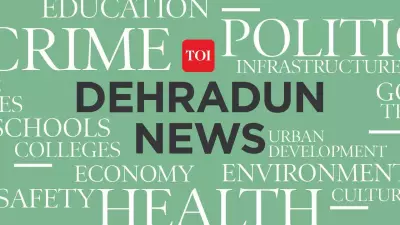
In a remarkable display of diplomatic assertiveness, Brazilian President Luiz Inácio Lula da Silva has formally challenged several claims made by the United States government through an official written communication. This unprecedented move comes just one day after his high-profile meeting with former President Donald Trump, signaling escalating tensions between the two Western Hemisphere powers.
The Written Rebuttal That's Shaking Diplomacy
President Lula's administration took the extraordinary step of putting their objections in writing, a clear departure from conventional diplomatic protocols where such disagreements are typically handled through private channels. The detailed document systematically addresses what Brazilian officials are calling "unfounded" assertions from Washington.
Post-Trump Meeting Fallout
The timing of this diplomatic confrontation is particularly significant, occurring immediately following Lula's encounter with the former US president. While the exact content of their discussion remains confidential, the subsequent written rebuttal suggests fundamental disagreements on key bilateral issues that couldn't be resolved through direct dialogue.
Brazil's Growing Assertiveness
This incident marks a notable shift in Brazil's foreign policy approach under Lula's leadership. The decision to publicly challenge US claims demonstrates Brazil's confidence in asserting its position on the global stage and reflects the changing dynamics in US-Latin American relations.
The written fact-check covers multiple areas of disagreement between the two nations, though specific details of the contested claims haven't been fully disclosed to the public. What's clear is that Brazil is no longer willing to let American assertions go unchallenged, even when they come from one of the world's most powerful nations.
International Reactions and Implications
The diplomatic community is closely watching this development, as it could set a precedent for how middle powers interact with global superpowers. Lula's direct approach signals a potential realignment in international relations where traditional power dynamics are being questioned and challenged.
This bold move by the Brazilian president underscores the growing trend of nations asserting their sovereignty and demanding equal footing in international discourse, regardless of their economic or military stature.





